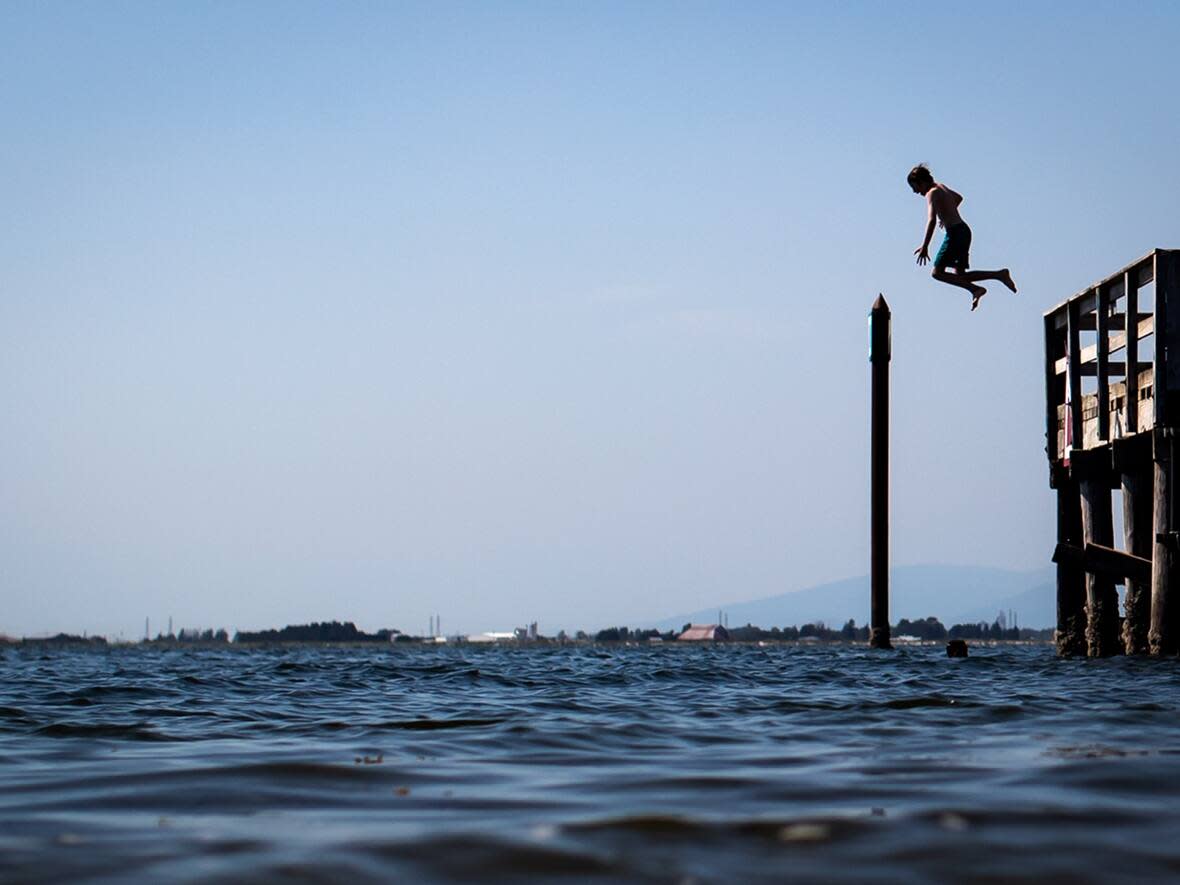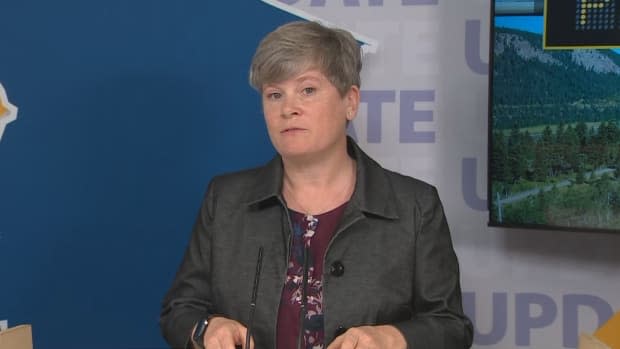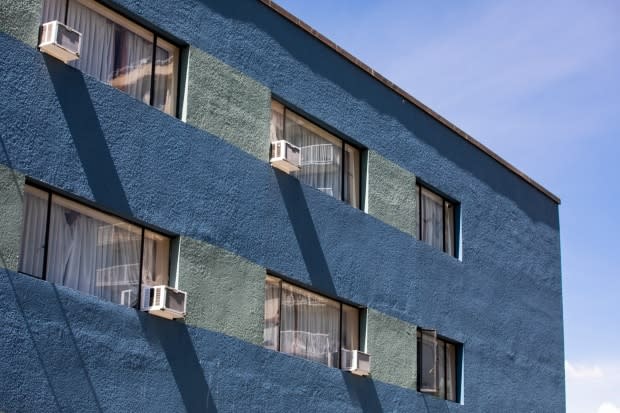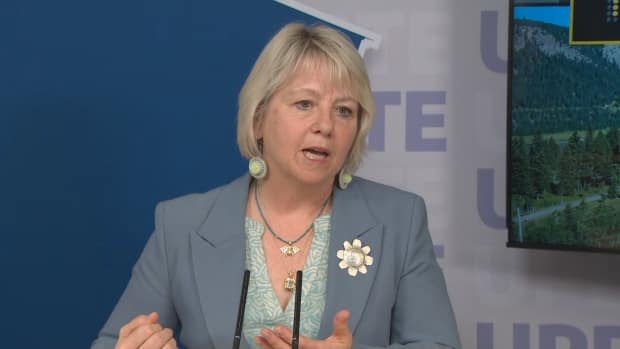Forecasters warn B.C. of hot summer, as province offers more free air conditioners

The B.C. government says it is tripling funding for its program that offers free air conditioners to people with low incomes in anticipation of hotter and drier conditions in June.
Josie Osborne, B.C.'s energy minister, announced an additional $20 million to the program on Friday during an update on summer heat preparedness.
"Many people in British Columbia who struggle with extreme heat often have limited options when it comes to cooling their homes, especially for people who have lower incomes or people who are medically vulnerable," Osborne said.
The province in partnership with B.C. Hydro launched the Free Portable Air Conditioner program last year in response to the 2021 heat dome that killed more than 600 people, most of whom did not have air conditioning, according to a B.C. Coroners Service death review panel.

Last year the province provided about 6,000 air conditioners to people at risk in extreme heat conditions through the program, which is income based and includes one portable air conditioner unit and a one-time installation.
"We don't want anyone to be left behind," Osborne said.
The new funding aims to provide free air conditioners to 19,000 more households.
It comes as Environment Canada urges British Columbians to be prepared for "above normal" temperatures this summer.
"We will stay in cooler temperatures for another six or so days before we go into a heat event next weekend or late next week and likely remain in warmer probabilities for the rest of the month," said Armel Castellan, a meteorologist with Environment Canada.
According to Castellan, northwest B.C. and the central Interior have seen a "fairly normal" spring thus far and more precipitation than a typical May while the northeast region has faced a major rainfall deficit.
June's outlook indicates a probability of below-normal precipitation across the B.C. Interior as the month unfolds.
The forecast says officials will only know about individual precipitation events in the days leading up to them.
"It is pretty obvious to the modelling — not just the Canadian models but all the international models as well — that we are looking at likely a warmer than normal summer period, so June, July, and August in B.C. as well as the rest of the country," Castellan said.

Preparations underway
Provincial Health Officer Dr. Bonnie Henry urged people to stay alert and keep themselves informed about weather events.
In recent years, the province has introduced the B.C. Heat Alert Response System, which issues notices for heat warnings and extreme-heat emergencies.
"We'll be putting out heat warnings when we have higher than normal temperatures over a period of days," Henry said.
"But when it's continually getting hotter over a period of days and not cooling down at night, that is when we would be in a state of extreme heat or emergency and we'll be notifying people about that."

Extreme heat warnings will also be added to highway signs around the province to help keep people informed.
In a statement Friday, the province said it may also send emergency alerts to mobile devices, radio and TV in the event of an extreme heat emergency, which will be broadcast like an Amber Alert.
More support for tenants and seniors: Dix
Health Minister Adrian Dix told the briefing on Friday that the province's residential tenancy branch had updated its air conditioning policy to make it clear that landlords cannot ban air conditioning units in rental agreements "without a rational basis, such as a safety concern."
"We are strongly encouraging strata, corporations and landlords to work together with their tenants to ensure air-conditioning units are safely installed to keep people cool and safe," Dix said.
He said the province is also providing a $6 million grant to make improvements to long-term care and assisted living homes, which includes adding new air conditioning units at 47 long-term care homes and upgrading air conditioning units at 149 more.


